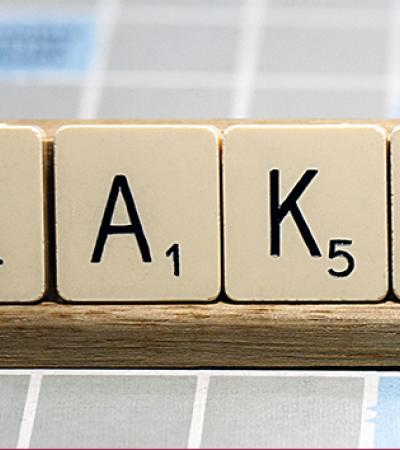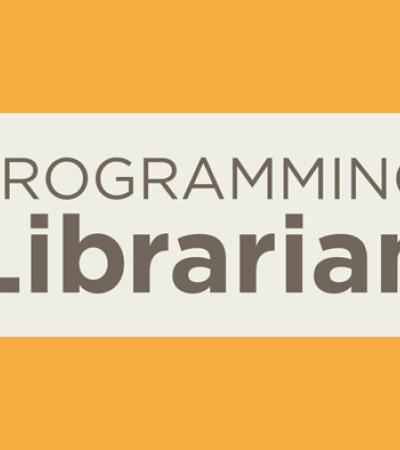Actual text message exchange between one of the authors of this blog and her child:

While this particular fun fact turned out to be entirely true, what caused a double take was the last little bit of this text exchange: “fun facts that I found on the internet.” What makes this conversation even more relevant (and extraordinarily more horrifying) was that we had just finished presenting a session on fake news and information literacy at a conference and here was one of our own flesh and blood finding “facts” on the internet.
Fact vs. fiction
If you have ever spent much time around middle school students, you know that they love to gross you out, they are fascinated by the unusual, and they have very strong feelings about almost everything. And, of course, they are spending more time than ever on the internet, being consumers of information.
As the study conducted by the Stanford Graduate School of Education found, middle school students are easily duped by misleading or fake information and have an extremely difficult time distinguishing fact from fiction, ads from articles, and checking the validity of information. This needs to change.
As librarians, it’s our job to guide students to be savvy consumers of information. When we think about middle school students, we want to build on what they already know about finding information. We want to teach them to take into consideration the difference between facts, opinions and informed opinions.
Fact checking: The basics
It’s important that we start with some good definitions.
- Fact: Something that can be proven to be true
- Opinion: A view or judgment about something, not necessarily based on fact
- Informed opinion: A view or judgment about something based on information
Ensuring students understand the difference between facts, opinions and informed opinions can be challenging. With the right resources and some fabulous lessons, librarians can lead the charge to turn the 11-, 12-, and 13-year-olds of the planet into truth-seeking superhero fact-checkers!
With the superhero fact-checker in mind, we’ve curated and annotated a list of resources and ideas to use when teaching middle school-age students to be discerning users of information and distinguish fact from fiction.
Teaching resources
- Above the Noise: Tips for Spotting Bad Science Reporting: This video, from the Above the Noise series, focuses on how “alternative facts” and “flawed reporting” can affect our lives and our health.
- Above the Noise: Why Do Our Brains Love Fake News?: This video, also from Above the Noise, focuses on how our brains love confirmation bias.
- Be Internet Awesome: This resource from Google includes games, lessons and curricula.
- Can’t Lie On the Internet: This 15-second clip from an insurance commercial finds an unsuspecting woman meeting up for a date with her French model boyfriend.
- Evidence: Do the Facts Hold Up?: This activity, from the Newseum, is one of many that can be used to enhance your information literacy instruction and teach students to understand fact, opinion and informed opinion.
- Fact Checking Tools for Teens and Tweens: This is a compilation of webpages and fact-checking sites compiled by Common Sense Media; they are appropriate for middle school use.
- Fact-Checking Resources from PBS Learning Media: PBS Learning Media is a great tool for librarians. The fact-checking resources include videos and reverse image search.
- Fact vs. Fiction from PBS NewsHour: This complete lesson plan focuses on helping students make informed decisions and understand what constitutes opinion and informed opinion.
- Five Ways to Spot Fake News: This short video from Common Sense Media can get students thinking about how not everything they see and read is factual. It’s a great opener to a library lesson.
- Is This Story Share-Worthy?: This Newseum lesson plan concentrates on a graphic of a flow chart that helps students determine whether a story is worthy of being shared. In other words ... is it factual?
- Making Informed Decisions and Critical Thinking: This complete lesson plan would be an awesome partnership with your English/reading or social studies teacher to introduce making informed decisions and thinking critically about information.



